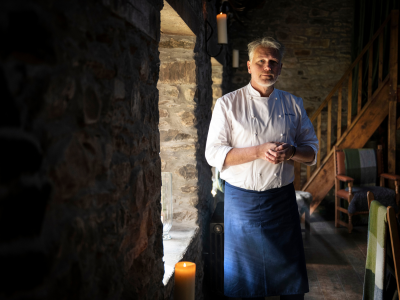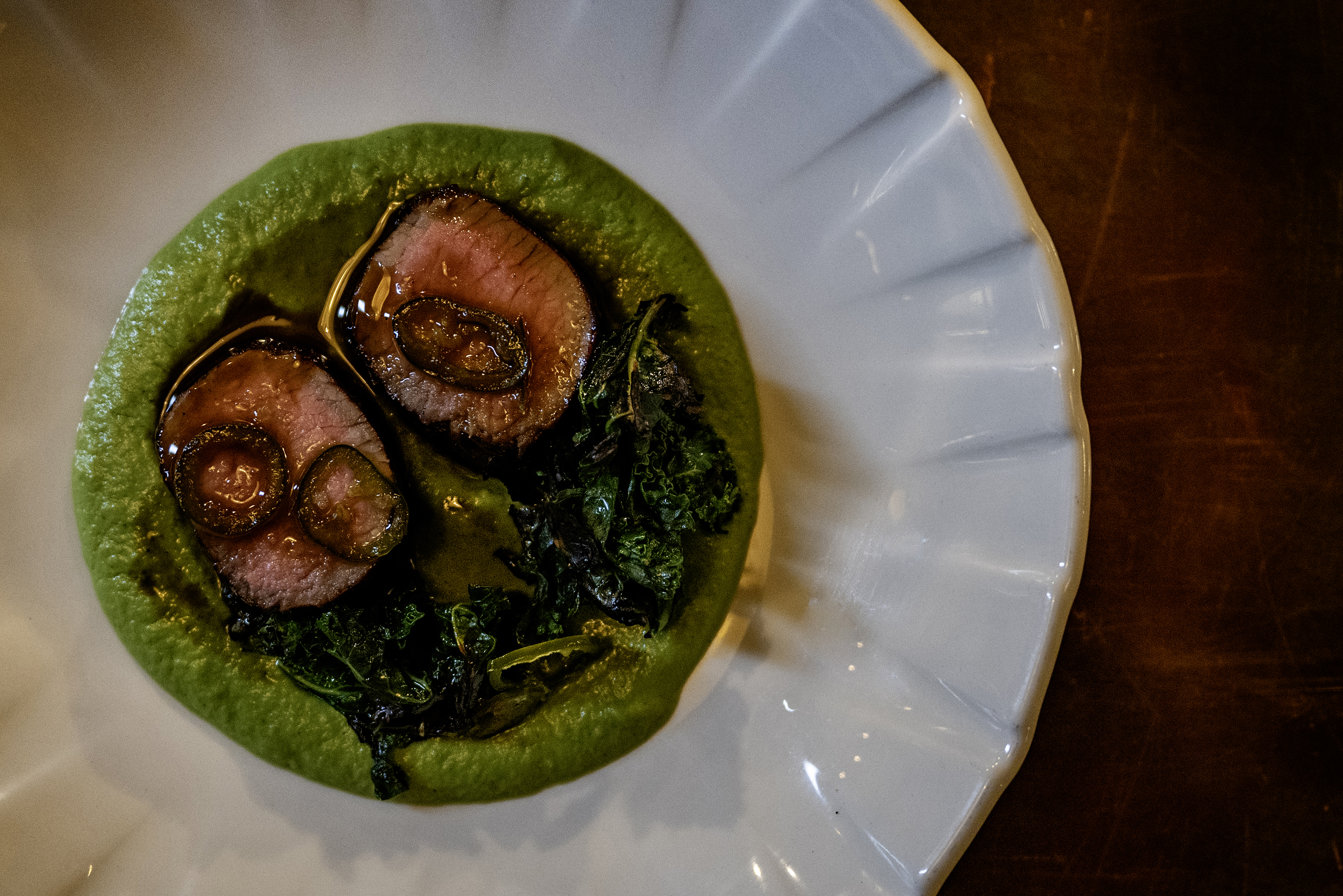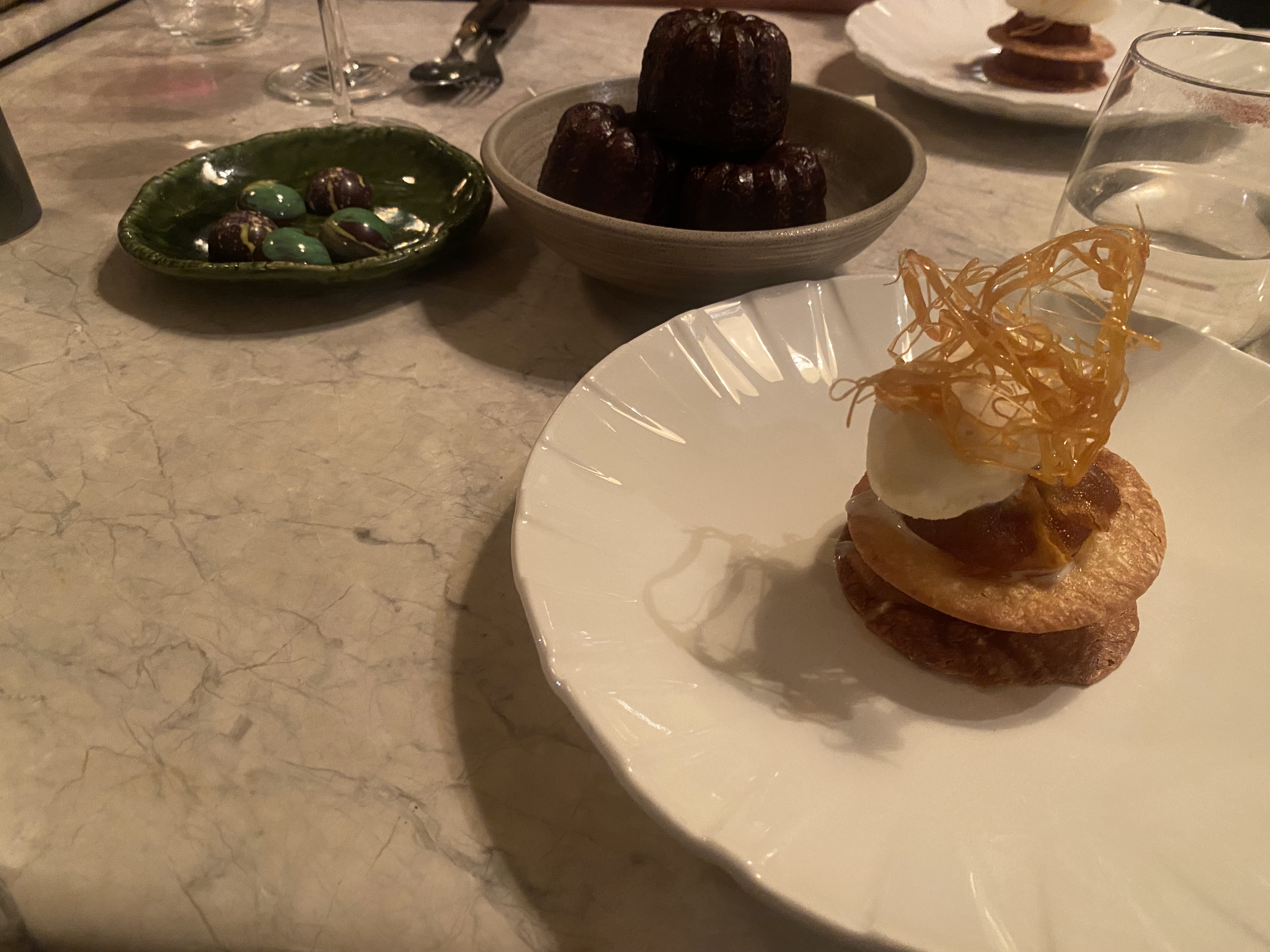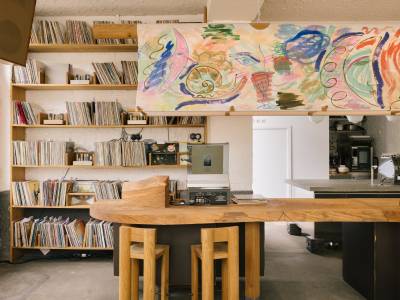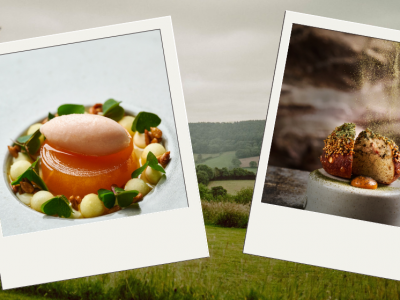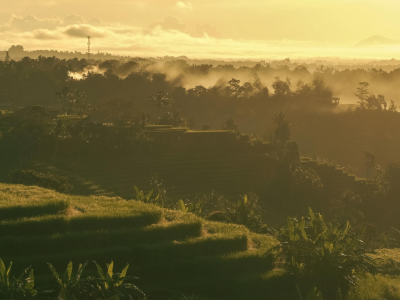Gary Robinson has had a high-flying career to say the least, travelling the world as former Head Chef for the now King Charles. Today he’s on home turf, spearheading the kitchen at Taymouth Castle - a recently reimagined members club - in the Scottish Highlands, revealing it’s the best job he’s ever had.
We may be on the same island as I dial in from my work-from-home London desk on a Monday morning, but as he tells me he was snowed in on the weekend with no access to the castle that’s an hour’s drive away, it’s apparent his day-to-day looks quite different to mine.
We discuss the challenge and blessings of being so remote, the task of laying the groundwork to give the castle an as enriching future as history (we’re talking 500 years) and making his wee ones proud.
